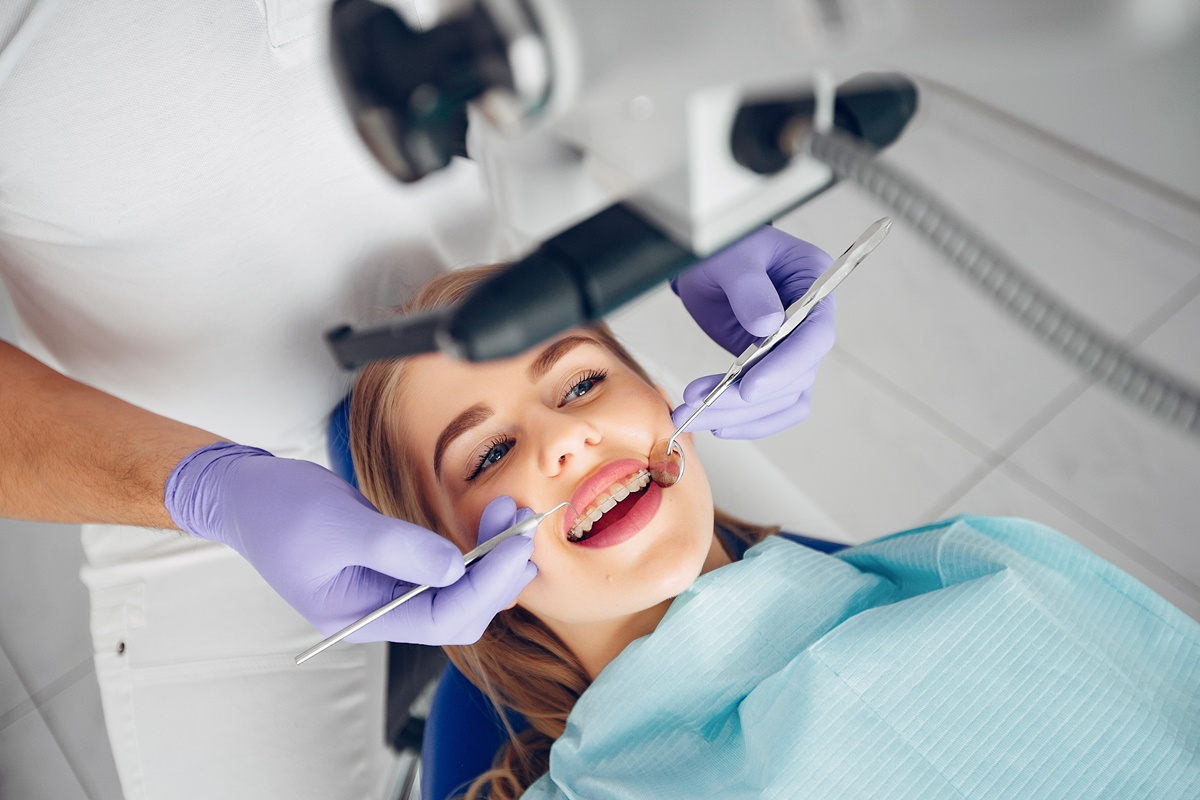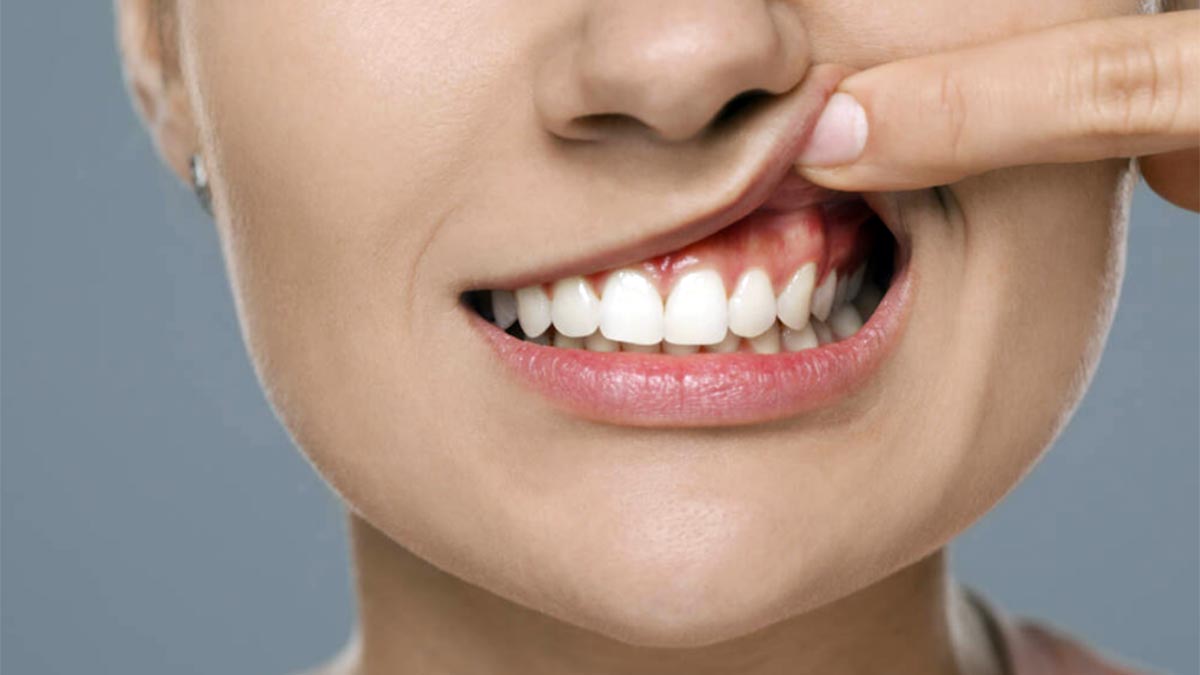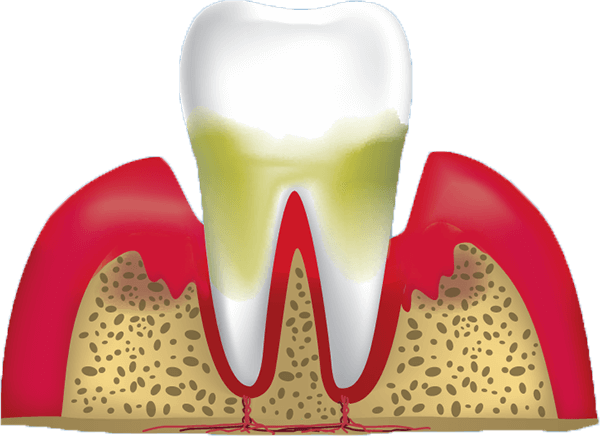In more advanced cases, surgical intervention may be required. With surgical intervention, tartar and diseased tissues in the deep areas of the gums are cleaned, the root surface is flattened and the gums are given a structure that can be easily cleaned.
Periodontics
It is a branch of dentistry that examines the clinical and microscopic structure of the hard and soft tissues surrounding the teeth, diagnoses diseases affecting these tissues, applies their treatments and ensures the maintenance of the health gained thereafter.
In what cases should it be done?
It is applied in inflammatory conditions affecting the gums and the soft and hard tissues surrounding the teeth.
Gums form the infrastructure of our mouth and teeth. Just as a solid foundation is needed to build a solid building; our teeth or the restorations such as dentures and laminates that will be placed on them also need healthy gums to be healthy. Healthy gums are light pink and tightly surround the teeth. If your gums are unhealthy, even if your teeth are not decayed, you may lose your teeth one day.
Food residues combine with minerals in saliva to form limescale around teeth and gums. These limescales are initially soft. However, they quickly turn into hard layers. You cannot remove them from your teeth by brushing. However, your dentist can remove them without damaging your teeth with appropriate ultrasonic devices designed for tartar cleaning.
Tartars must be cleaned. Experts recommend that they be cleaned once every 6 months. If not cleaned, tartar causes gingivitis. In this case, it can cause bad results that can lead to tooth loss. Tartar cleaning does not harm teeth. In addition, you can prevent many oral and dental problems by having regular cleanings.
Periodontics is a branch of dentistry that examines the clinical and microscopic structure of the hard and soft tissues surrounding the teeth, diagnoses diseases affecting these tissues, applies their treatments and then ensures the maintenance of the health gained. Periodontal disease is an inflammatory condition affecting the gums and these soft and hard tissues surrounding the teeth. Gum diseases (Periodontology) do not heal on their own, with treatments such as antibiotics, mouthwashes and vitamins. It must be treated by a gum specialist. Early diagnosis will protect the health of the teeth as well as the gums.
If these diseases are not treated, they can result in tooth loss. Since they usually do not present with any pain, they are still one of the most common causes of tooth loss in our age. In terms of our general health; increasing scientific evidence supports that the magnitude and severity of periodontal disease is an important risk factor. In order to prevent gum disease (Periodontology), it is necessary to brush your teeth correctly at least twice a day, use dental floss at least once and visit the dentist regularly every six months.









